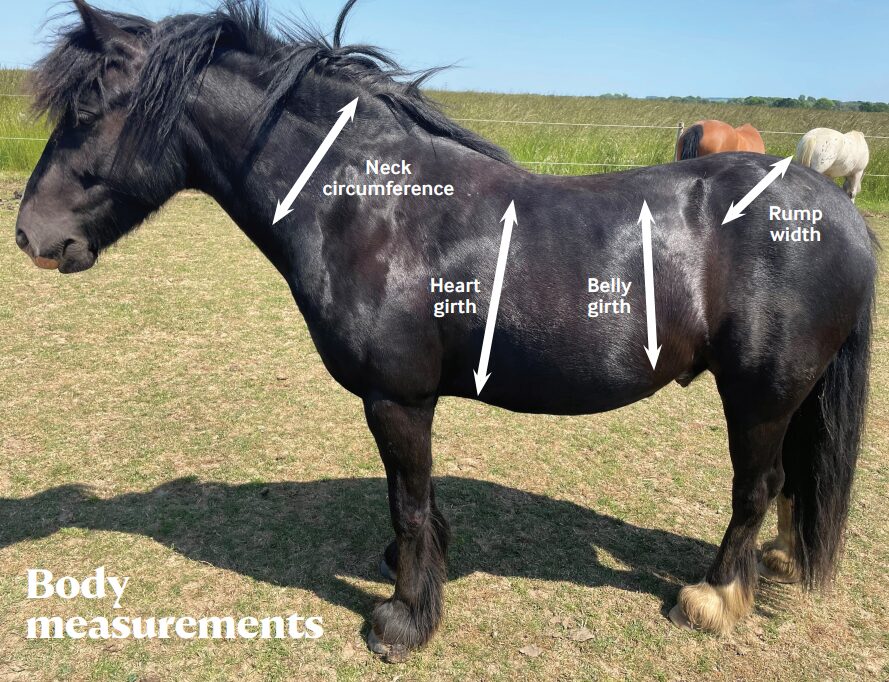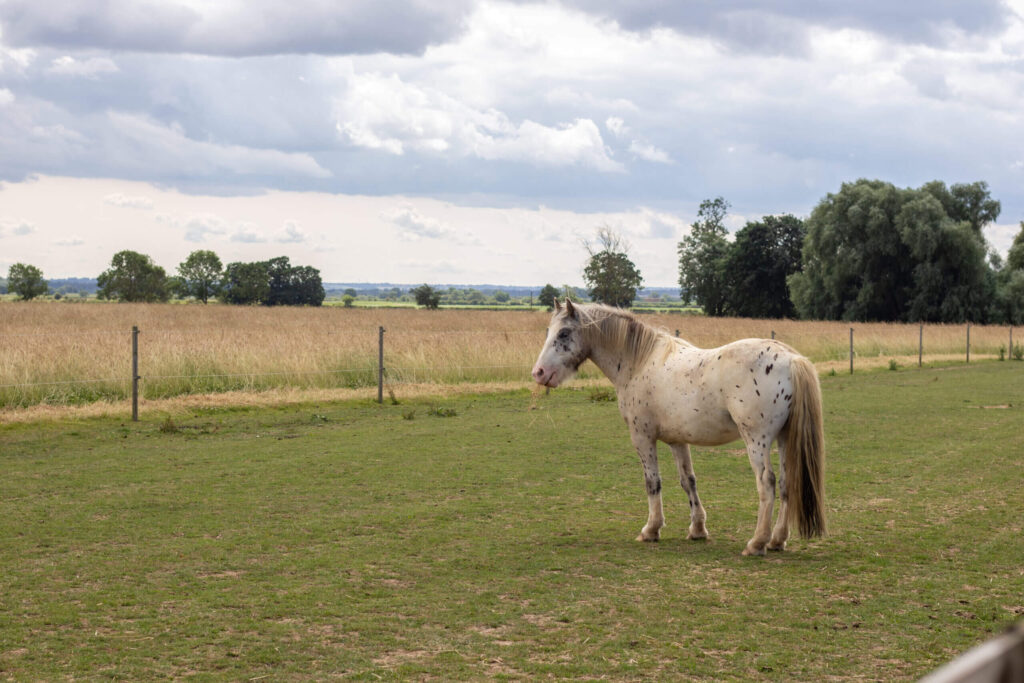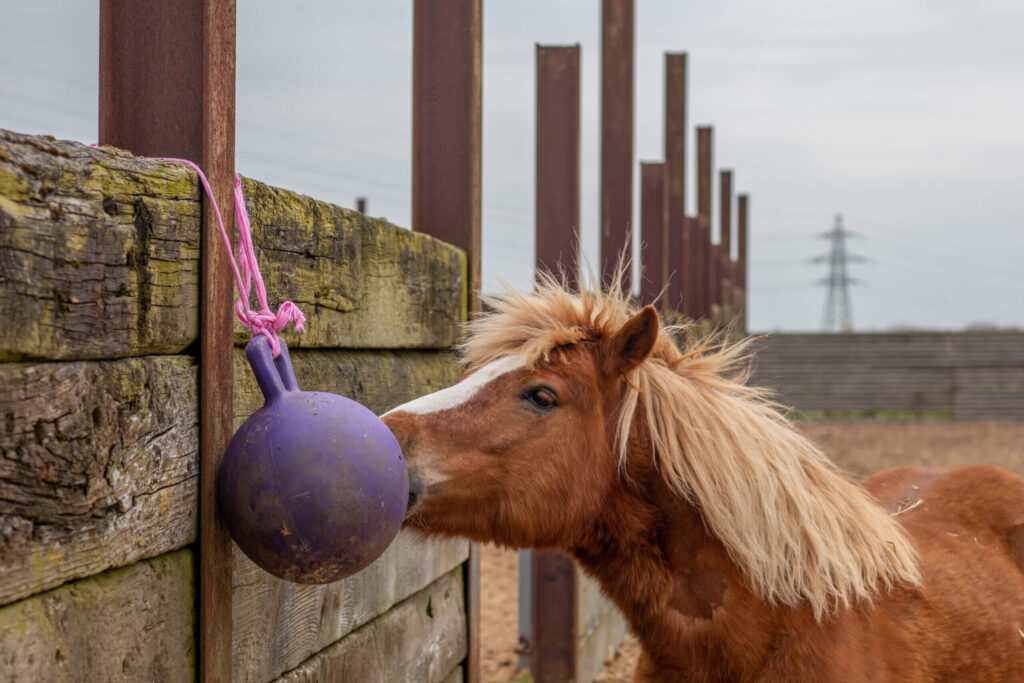Equine Advice
Return to our equine advice hub
Nutrition
It’s vital to provide equines with food and water in a balanced and varied diet.
Body Condition Scoring
Body condition scoring is an important process of caring for an equine.
Clips
Different haircuts or ‘clips’ can help us manage different horse health issues.



